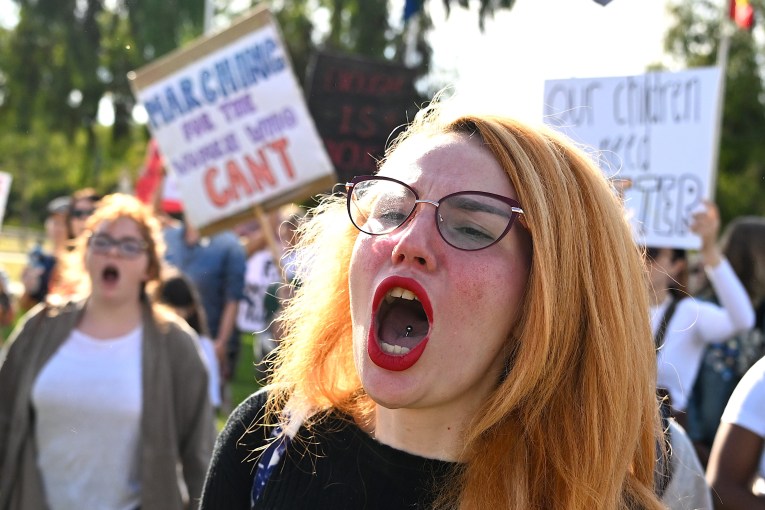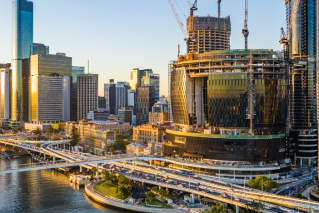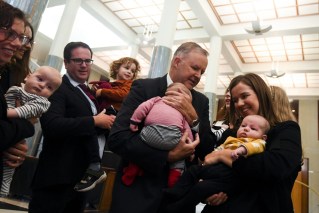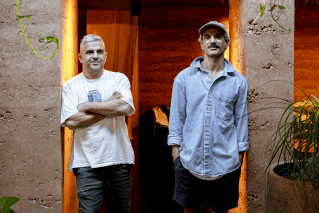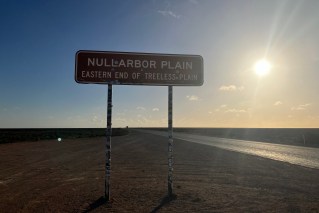A British outpost for 600 years, why Orkney Islands may soon be part of Norway
The United Kingdom’s Orkney Islands, an archipelago about 15km off the north coast of Scotland, is considering “alternative forms of governance” which could include becoming part of Norway, its council leader says.
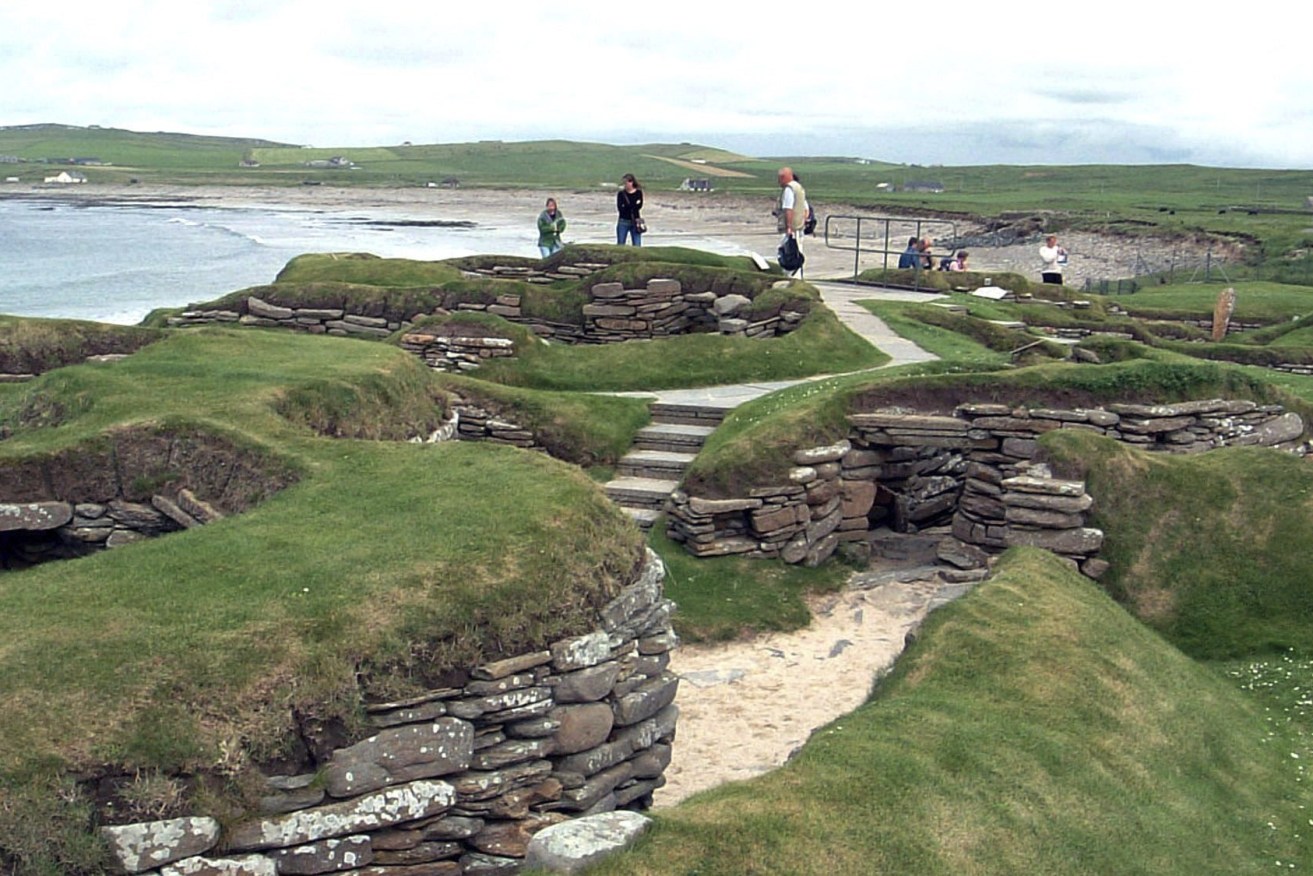
Visitors look at the 5,000 year-old remains of Skara Brae village in the Scottish Orkney Islands. Sick of being ignored by far-away politicians, officials on Scotland’s remote Orkney Islands are mulling a drastic solution. ( AP Photo/Naomi Koppel, File)
Orkney, made up of about 70 islands and with a population of 22,000 people, was considering its future after being financially neglected by the Scottish and UK governments for years, council leader James Stockan said.
Orkney’s historical Nordic connections give it options, Stockan believes.
The islands were part of Norway for about 500 years until 1472 and he says Orcadians regularly ask him for a return to that country given the shared cultural affinity.
“At the moment we’re not getting that support coming through from other governments and we would just like to see what other alternatives is there for us,” Stockan told BBC Radio on Monday.
A row over funding for new ferries between the islands and Scotland has brought Orkney’s situation to a head.
Stockan has proposed a motion for the council to “explore options for alternative models of governance that provide greater fiscal security and economic opportunity”.
Councillors will decide whether to back it or not on Tuesday.
Among the options as well as rejoining Norway are other UK arrangements, like becoming a crown dependency, the system of government in the Channel Islands, or a model like the Faroe Islands, a self-governing part of Denmark.
In 2014, Scotland rejected ending the more than 300-year-old union with England in a referendum.
Orkney has since looked at strengthening its autonomy.
From the late 1970s, large volumes of the UK’s North Sea oil have been processed on Orkney but the island has not seen sufficient benefits, Stockan said.
With new opportunities from offshore wind farms, he wants the islands to have a greater return.
Stockan was not clear about how Orkney’s return to Norway, 400km across the North Sea, would work.
In an email a representative for Norway’s foreign ministry made no comment on whether the Orkney or UK authorities had been in contact with Norway’s government but said: “This is a domestic and constitutional British matter. We have no view regarding this motion.”
Stockan said there were loose ends to be tied up from 1469 over the dowry which Christian I, King of Denmark, Norway and Sweden, failed to pay when his daughter married Scotland’s James III, gifting Orkney instead.
There was no mention of the dowry from 554 years ago in the UK government’s response to the question over Orkney’s future.
“First and foremost, there is no mechanism for the conferral of crown dependency or overseas territory status on any part of the UK,” a spokesman for Prime Minister Rishi Sunak said.
“But fundamentally, we are stronger as one United Kingdom, we have no plans to change that.”
The spokesman added: “We’ve got no plans to change the devolution settlement.”
with PA
